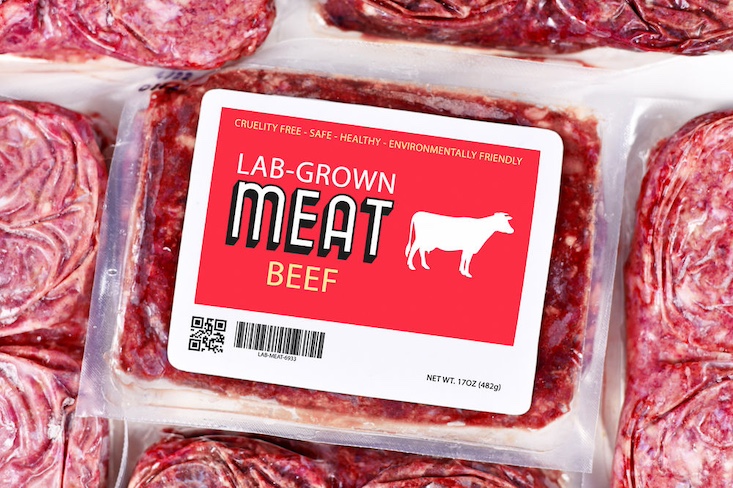
In a groundbreaking move, an Israeli company has secured preliminary approval from the government to sell the world’s first steaks created from cultivated beef cells, as announced by the country’s Health Ministry this week. The approval is part of a pilot program for alternative protein conducted by the Department of Food Risk Management, reflecting a response to the increasing global demand for products of non-living origin.
The company at the forefront of this development is Aleph Farms, which has been granted permission to produce beef from cells originating from a fertilized egg of a cow named Lucy, a Black Angus residing on a California farm. Israeli Prime Minister Benjamin Netanyahu hailed this achievement as a “global breakthrough” with significant implications for food security, environmental protection, and animal welfare.
While the preliminary approval marks a milestone, the product may not reach consumers immediately. Regulators still need to approve the company’s labels, and a final inspection is pending, a process that could extend over several months.
Aleph Farms CEO Didier Toubia emphasized the broader regional and global impact of addressing common challenges like food security. He stated, “Addressing common challenges such as food security will be the best way to ensure the prosperity of the Middle East region, as well as other regions around the world that are significantly dependent on food imports, with an emphasis on Asia.”
The concept of cultivated or ‘cell-cultured’ meat, often referred to as lab-grown meat, is gaining attention for its potential to mitigate the environmental impact associated with conventional meat production. Proponents argue that embracing this innovative approach could lead to more sustainable and ethical practices in the food industry. However, the production of lab-grown meat on a large scale is anticipated to incur high costs, according to experts.
This move follows earlier approvals in Singapore and the US for the sale of cultured chicken. The emerging landscape of lab-grown meat is marked by increasing interest, with over 150 companies globally reported to have plans for producing such alternative meat products. As the industry advances, ongoing regulatory scrutiny and public acceptance will play pivotal roles in shaping the future of cultivated meat within the global food ecosystem.
RELATED ARTICLES
- UN says 70% of Gaza's population faces Catastrophic Hunger
- Elites Partner together to Build Vast Network of Fake Meat Factories
- Israeli Rabbi Calls to Genocide Gaza, Says Torah Demands Killing Babies
- Syrian Foreign Minister says his Country is Ready for War with Israel
- Israeli PM orders evacuation of last Gaza safe zone











